Fighting Oil Spill on Ship
Keeping in mind the recent oil spills at sea, spilling of oil on ship has become the most dreaded accident without doubts. It is always better to take precautionary measures to prevent such accidents. However, sometimes accidents happen without any warning, leaving very less time to act. In this article we will learn what to do in case of oil spill on a ship.
There are two types of oil spill accidents on board a ship. One in which there is no danger of the oil going over board; whereas the one wherein the chances of oil going overboard are maximum is the most dangerous one.
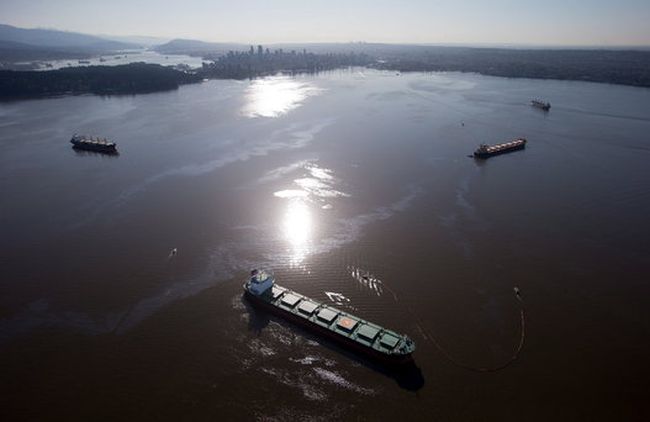
Oil Spill on Ship
There can be two situations where in the oil spills over the deck and goes overboard causing marine pollution:
- Overflow of oil from internal transfer of oil through vent or sounding pipe of the tank.
- Oil spill during bunker operation or sludge discharge operation.With proper SOPEP equipment and training, oil spill over the deck can be contained and marine pollution can be avoided.
Steps to Take in Case of an Oil Spill
1) If any body sees oil on deck immediately close the ship side scuppers and alarm the ship staff by shouting and contacting duty officer on bridge and engine room.
2) Stop all the transfer immediately and locate the effected tank and its sounding pipe and vent position.
3) Emergency muster to be called up by the master and everybody must carry out their duty as listed in the muster list for oil spill.
4) Use of SOPEP equipment and other means to be done to contain the spill within the ship.
5) Lower the quantity of spilled tank to a safer level in any other permissible tank.
6) Putting saw dust over the scupper plug will give an additional barrier for oil to go overboard.
7) Collect the spread oil in a 200 litre SOPEP drum and clear the effected area.
8 ) Master to enter the whole scenario in the ship’s incident report form and call up for meeting to discuss the accident so such accidents can be avoided in near future.
Oil Spill during Bunkering Operation or Sludge Discharge Operation
The following points are to be noted in case of oil spill during bunkering:
1) One stand by officer is always present in the bunkering manifold. If he sees any oil or leakage near that area immediately shout “stop” to the bunker supplying vessel loudly or in the VHF. If remote switch is supplied, immediately press the switch.
2) For sludge disposal operation, if any spill occurs immediately stop the ship’s sludge transfer pump from remote panel, normally situated near the bunker manifold.
3) Inform the Chief engineer, duty officer about the emergency situation.
4) Scupper must be plugged before starting any of these operations, if oil spill occur on the deck recheck the plug and put saw dust over it.
5) Master will call for emergency muster and crew will carry out their duties as per the muster list for oil spill emergency.
6) Drip tray in bunker manifold must be check for over filling and should be emptied in 200 litre drum if required.
7) A foam type portable fire extinguisher must be readily available to avoid the worsening of the situation by fire.
Actions to be Taken in Case Oil Goes Overboard
1) If the oil spill goes overboard, the Master will immediately inform the coastal authority like port state control and owner or office management.
2) Measures to be taken to limit the area of spill in the water with use of oil booms and other effective SOPEP items and all efforts to be made not to allow further oil to go overboard.
3) Use of Oil spill dispersant chemical can be done to contain the spill but with prior permission from port state authorities.
4) Contact with 24 hr Oil Spill Response Organization to be done by master for further cleaning up operation by shore team.
5) Entry to be made in Bridge log book, Engine room log book and Oil Record Book about the spill.
Do you have info to share with us ? Suggest a correction
Latest Shipboard Guidelines Articles You Would Like:

About Author
An ardent sailor and a techie, Anish Wankhede has voyaged on a number of ships as a marine engineer officer. He loves multitasking, networking, and troubleshooting. He is the one behind the unique creativity and aesthetics at Marine Insight.
Subscribe To Our Newsletters
By subscribing, you agree to our Privacy Policy and may receive occasional deal communications; you can unsubscribe anytime.



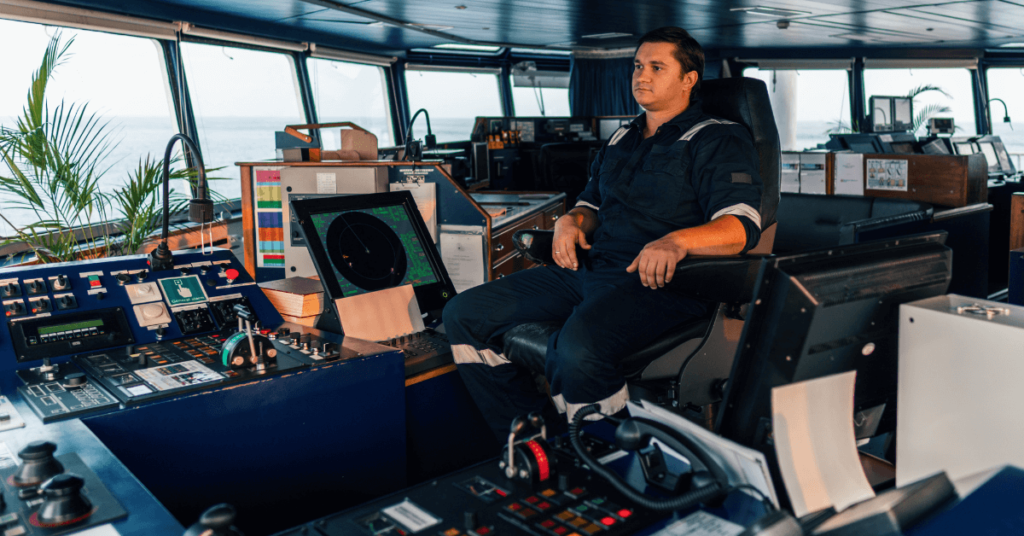
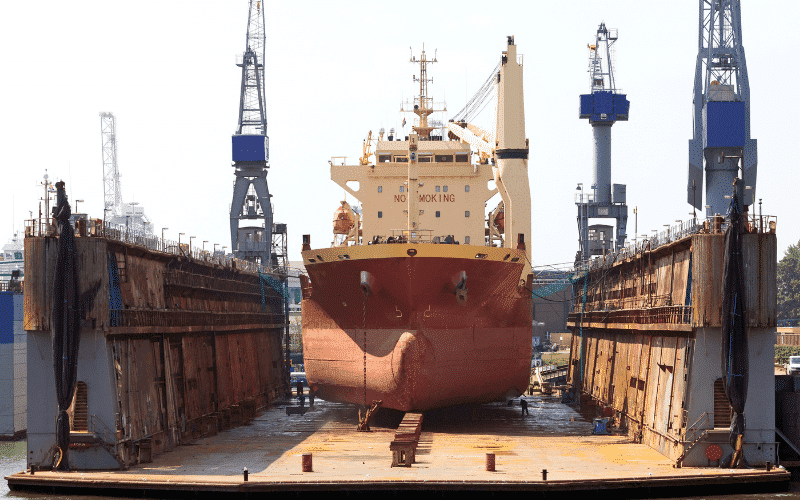

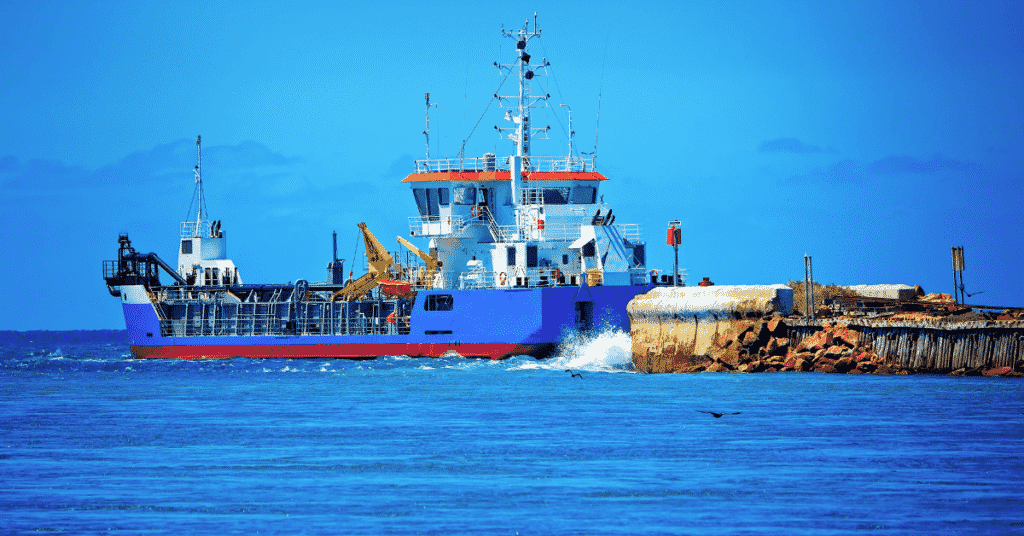
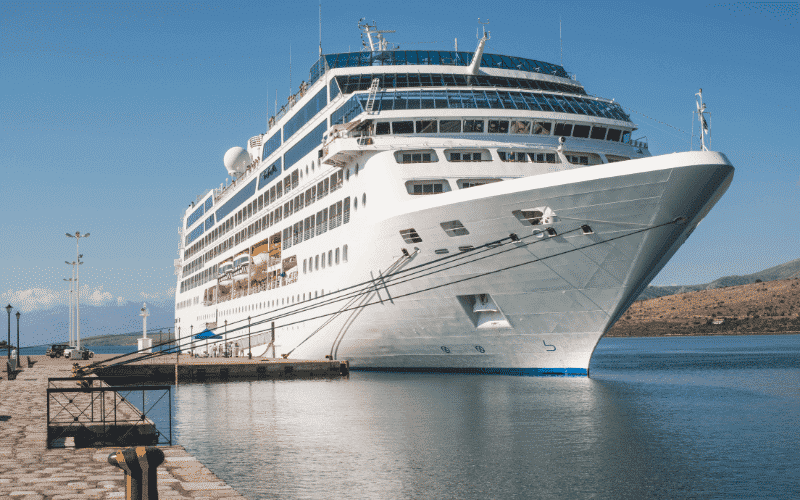
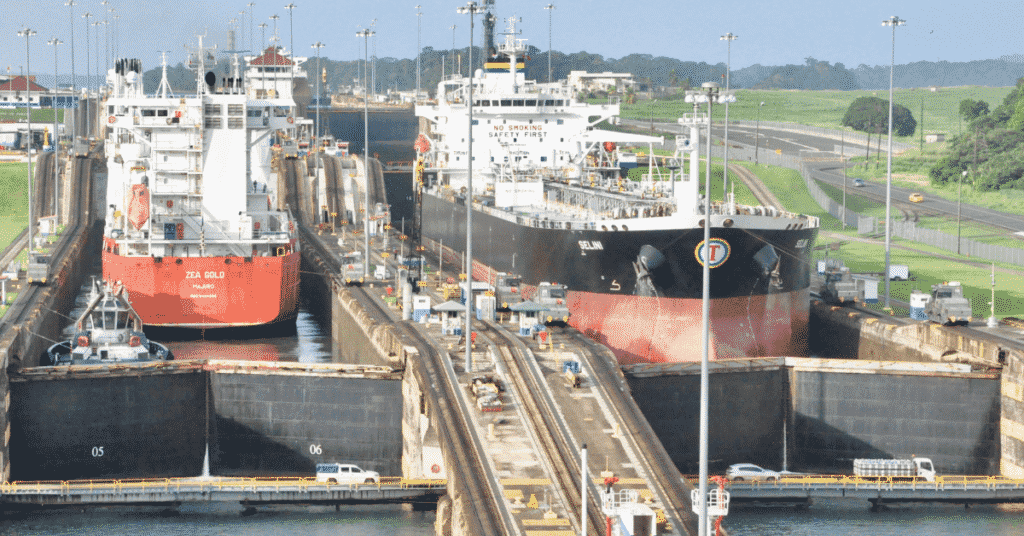

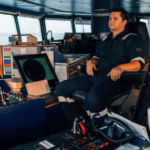
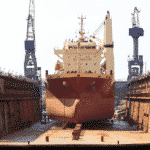

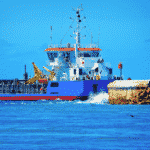
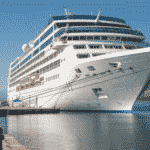
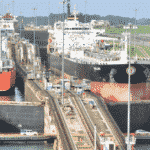
Is there a special type of oil spill alarm which is given with the help of the ship’s bell or horn? Thanks in advance
T need somematerials or practical dialogues about drills on board.